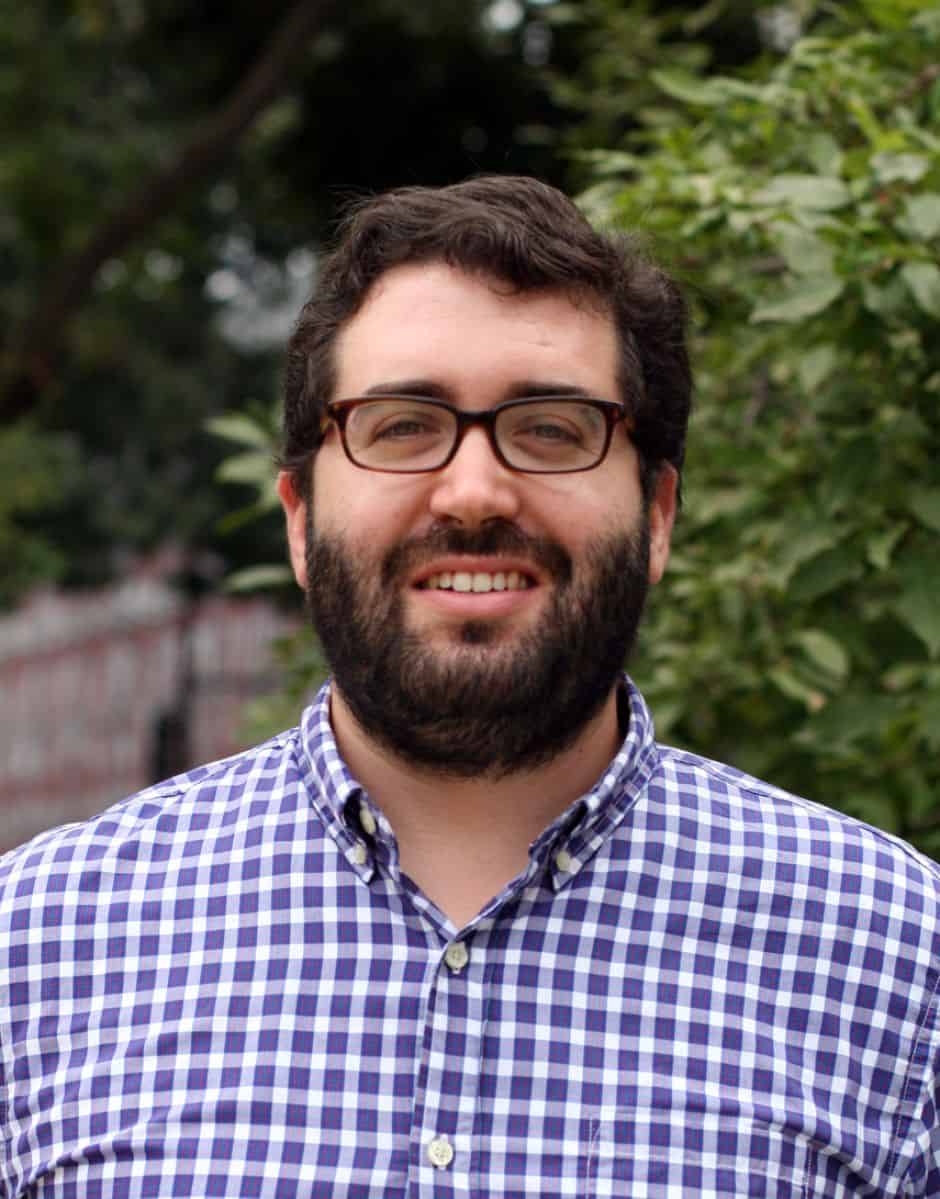Introduction
Jan. 5, 2017:This story has been updated.
The bromide says all politics are local. But if examined closely, state politics are looking quite national these days.
Some independent groups ensconced in offices around D.C. and New York have been running their own shadow campaigns to affect the outcomes of races for governor, legislators, state supreme court justices and more around the country.
Overall, independent political groups such as these have taken on a larger role in shaping the messages about who to choose for political office, sponsoring about 1 in every 5 political TV ads about state political races since 2010, according to a Center for Public Integrity analysis of six years of data from Kantar Media/CMAG.
That’s far more than the roughly 1 in 10 ads that ran in 2010, the year that political spending was rocked by the landmark U.S. Supreme Court Citizens United v. Federal Election Commission opinion and related cases. Those decisions opened the door for such groups by ruling that nonprofits, corporations and labor unions could spend unlimited cash to persuade people to vote for specific candidates.
Since then, hundreds of groups have jumped in to try to sway races for state offices. And TV ads became one of their most effective tools. In the last three years alone, they have spent an estimated $330 million on TV ads.
These groups often act as mudslingers that can trash candidates without repercussions.
The source of their money is sometimes hard to determine, hidden by tax laws, local-sounding aliases such as “Putting Kentucky First” or daisy-chain giving from group to group that make it nearly impossible for voters to know who is trying to influence their votes.
Need help spotting them in the wild? Here’s a field guide to the top 10 national groups that shaped state races in the past three years, based on the TV advertising purchased by the groups and their affiliates:
This piece was co-published with Salon.



Join the conversation
Show Comments